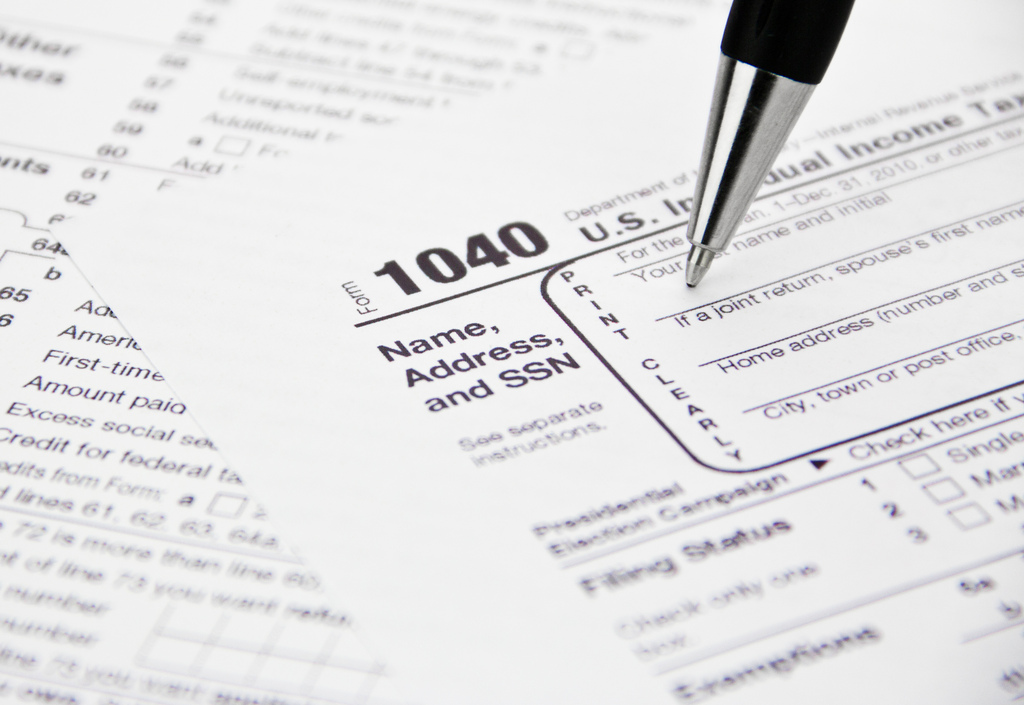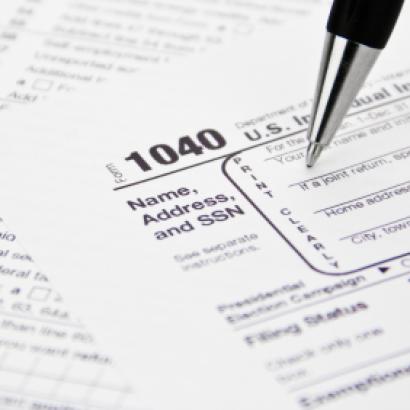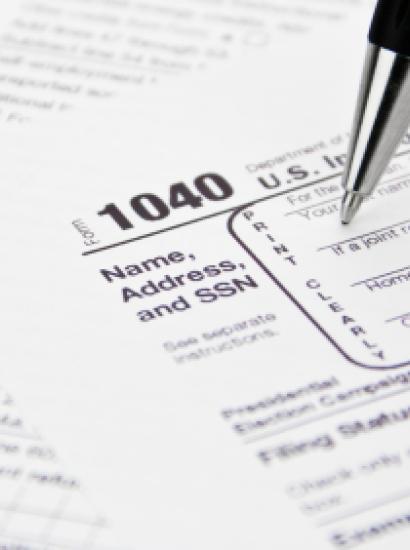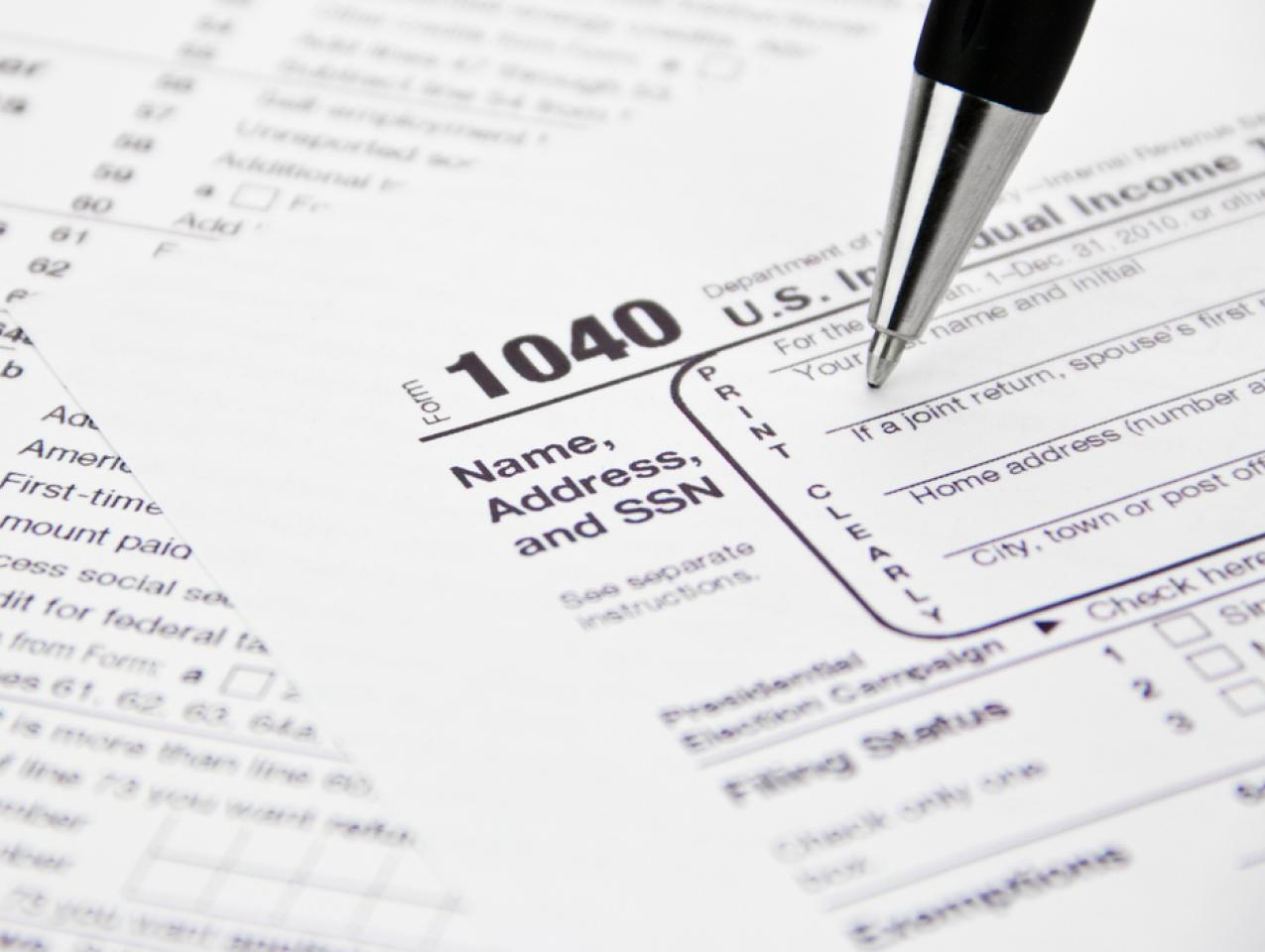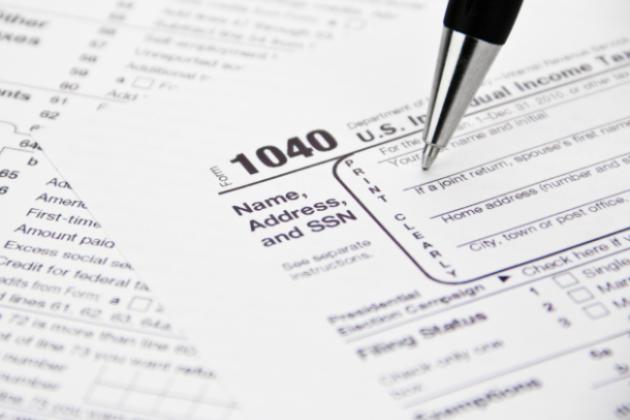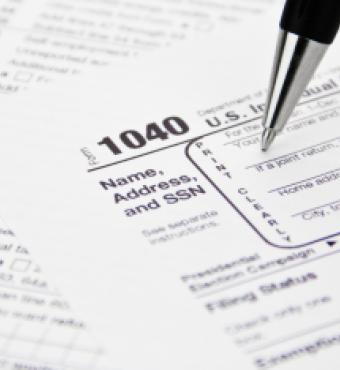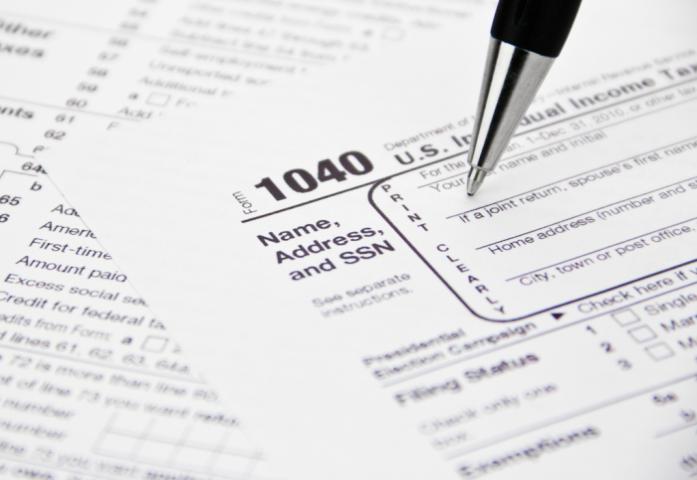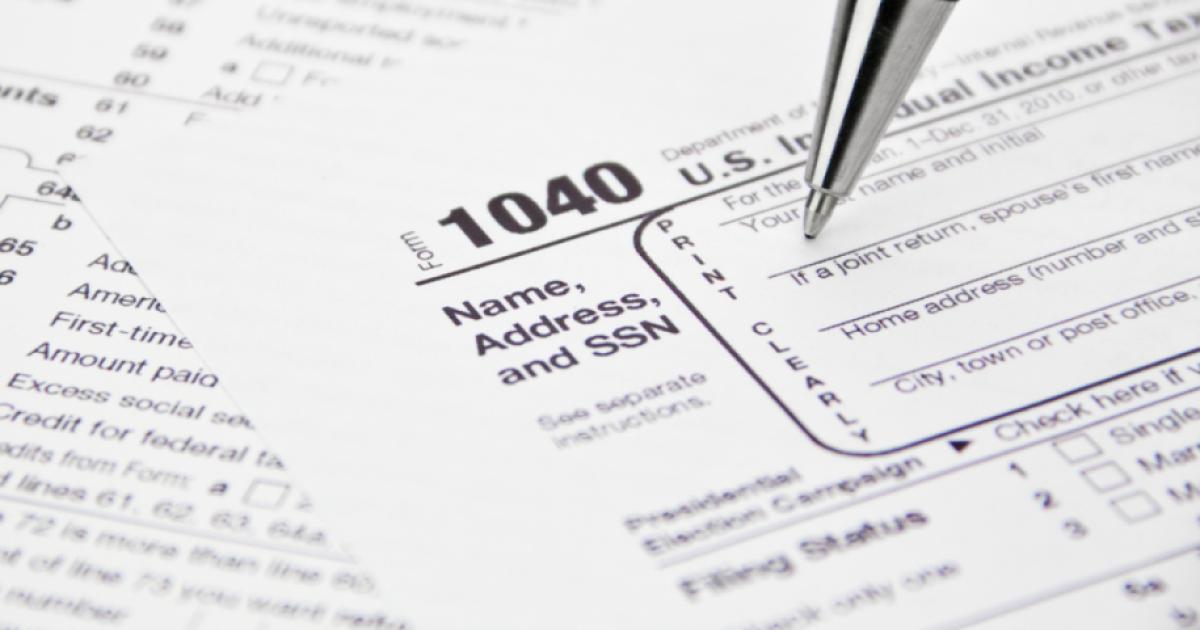- Economics
Competition among states and local communities for business investment has been particularly intense over the last several years of high unemployment and diminished tax revenues. States and communities have pursued a wide array of strategies for attracting new businesses and encouraging expansion of existing businesses, the most common and most effective of which have been direct subsidies, tax incentives, and regulatory waivers.
Tax Incentive Consultants, a private consulting firm, lists on its website 17 types of incentives they will help businesses qualify for. Business Oregon, a state agency, identifies 18 different incentive programs to entice business to that state. The Florida Department of Revenue website lists 15 corporate income tax incentives and 21 sales and use tax incentives. A state of Virginia website catalogues 23 business incentive programs. And so on with every state in the nation. Good schools, pleasant neighborhoods, beautiful scenery, and a vibrant cultural scene are nice, but hard cash, relief from tax liability, and immunity from compliance with regulation are, it seems, better.
From the perspective of government, these incentives make sense if the direct expenditures, foregone revenues, and unregulated business activities cost less than the tangible and intangible benefits delivered by new and expanded business. These benefits might include increased tax revenues contributed by the new and expanded businesses and their new employees, additional taxes paid by other businesses that provide goods and services to an expanded population, reduced unemployment and welfare benefit costs, and the intangible advantages of a growing and prosperous community. While it is possible to assess with some precision the net effect of a particular incentive on tax revenues, the alleged intangibles make it impossible to prove beyond political dispute whether or not these incentives are well advised.
While it is nonetheless important to evaluate the economic wisdom of these incentive programs, there is another question we should be asking. Can we justify giving subsidies and tax and regulatory relief to some businesses but not others? We might even ask whether or not these discriminatory incentives designed to promote the general welfare are constitutional.
The assertion that incentive programs are discriminatory might be disputed on the ground that those not receiving subsidies or tax relief will benefit from the presence of new businesses in the community. For example, new employees will shop in local stores, purchase homes, pay property and sales taxes, volunteer with community charities and contribute to the local cultural scene. Once tax breaks have expired, the new businesses will begin to pay at the full rate, thus providing government with more revenue for expanded public services.
But such benefits, if and when they exist, are shared with everyone including those receiving subsidies and tax or regulatory breaks. In the case of tax breaks, the indisputable reality is that some are paying more than others for whatever benefits are generated. In the case of subsidies, new subsidized businesses have a competitive advantage over the unsubsidized, not to mention that the latter are, through their taxes, helping finance the subsidies. Although this reality is sometimes justified on the affirmative action ground that the beneficiaries are disadvantaged by past discrimination, there is no escaping that many, if not most, business incentive programs discriminate without regard to the economic and social circumstances of the businesses and individuals who benefit.
The most egregious discrimination results from incentives provided to a particular business at the discretion of those public officials charged with recruiting new businesses to a state or community. In addition to the expenses of site acquisition, design and construction, hiring and training of employees, and many other direct costs, every business looking to open a new facility also faces the costs of regulatory compliance and taxes. Government officials understand that prospective businesses usually have many alternatives in selecting a location, so they engage in a bidding war that invariably involves competing offers that might include direct subsidy and tax or regulatory relief. Meanwhile, existing businesses that have already borne the direct costs of startup receive no subsidies and must comply with existing regulations and pay taxes at the established rate.
Imagine that your community is home to a renowned heart surgeon who is offered a higher salary to move to another community, or that the university in your town wishes to recruit a nationally recognized professor of law. It is inconceivable that local officials would be allowed the discretion to waive the surgeon’s or the professor’s property taxes, or to allow them to practice their professions without complying with the generally applicable regulations. Yet that is exactly the sort of discrimination government officials routinely exercise in the scramble to recruit and retain businesses.
Consider a simple, hypothetical example. At a uniform rate of 5%, existing businesses in Our Town pay a combined total of $5 million in income taxes on an aggregate income of $100 million. XYZ Corporation is enticed to Our Town with a guaranteed 10-year income-tax holiday on a projected annual income of $20 million. In return XYZ promises to invest $200 million and hire 50 employees. If we assume that XYZ and its employees will require public infrastructure and services in proportion to their share of total business income, Our Town will have to cut services and infrastructure investment, in which case existing businesses will receive diminished pubic services for the same taxes; or Our Town must increase the tax rate to generate an additional $1 million in revenue, in which case the existing level of services will be maintained but the tax rate on everyone except XYZ will rise to 6%.
Either way, there is clear discrimination between existing businesses and XYZ. Under present constitutional principles, Our Town’s discriminatory tax incentives may pass muster on the deferential ground that it is a rational basis for achieving a legitimate public purpose. But surely it still offends the basic sense of fairness that undergirds constitutional guarantees of equal protection of the laws. And the fact that we would never abide such discrimination between similarly situated individual taxpayers suggests that our constitutional norms should be interpreted to prohibit discriminatory subsidy, tax, and regulatory incentives as well.
It might be suggested that differential income tax rates are commonplace at all levels of American government, but the differences inherent in a progressive tax system are justified on the basis of taxpayers’ differential abilities to pay. Those who pay a lower rate are not similarly situated, in terms of income, to those who pay a higher rate. But there is nothing in most tax incentive schemes that distinguishes the eligible from the non-eligible on the basis of ability to pay. To the contrary, the recipients of tax incentives are often businesses with vast resources, including enough to employ the lawyers and other professionals who specialize in negotiating for subsidies, tax breaks, and regulatory waivers with competing governments.
It might also be suggested that competition among governments is good both in terms of governmental efficiency and economic prosperity. Indeed, that is widely understood to be one of the benefits of the federal system. To be sure, the founders of the American nation sought to remove barriers to interstate trade and to create a national marketplace in which states would fairly compete for business. And there is every reason to believe that competition among communities within a state will yield similar benefits. But it is one thing for a state or community to lower its generally applicable tax rate as an enticement for new businesses. It is a very different matter to grant tax relief to some but not others within a state or community.
Interstate incentives competition promotes local and national interests only when it is nondiscriminatory both within and across state borders. The latter nondiscrimination principle has long been integral to the U.S. Supreme Court’s commerce clause doctrine. A state regulation or tax that applies equally to intra- and interstate commerce does not impose a burden on interstate commerce, whereas a state regulation or tax that discriminates in favor of intrastate business is unconstitutional. But what about a regulation or tax that applies to some, but not others, within a particular state? The commerce clause does not speak to such intrastate matters. Does that mean states and local governments have license to discriminate at will on matters of business taxation and regulation?
The equal protection clause, like similar provisions in every state constitution, prohibits unfair discrimination by state and local governments, as much to assure fair competition among businesses as to protect the weak from the powerful. Just as a majority group can marginalize a minority by enacting discriminatory legislation, so too some businesses can gain unfair competitive advantages from political favors or by the imposition of regulatory constraints on their competitors. Always these governmental discriminations among businesses are justified as necessary to the public welfare, but even when public benefits are clear, our commitment to equality and nondiscrimination is drawn into question.
Where tax and regulatory incentives are available only to newcomers or those willing to expand their businesses, the ineligible are disadvantaged on the bottom line. It is not clear that the local community or the national economy experience the intended benefits. A competition among states and communities willing to discriminate against their own resident businesses reduces the proportion of businesses paying their fair share, increases demand for government services without increasing revenues, and entices businesses to move from one location to another without any increase in aggregate economic productivity.
The nondiscrimination principle of the Supreme Court’s interstate commerce doctrine works to maintain a fair and productive national market only if states, counties, cities, towns, and other governmental entities do not discriminate among their own resident businesses. As long as businesses can take advantage of discriminatory tax and regulatory regimes in deciding where to locate, or are allowed to negotiate one-off discriminatory deals, national, state and local markets will be distorted while disfavored businesses pay the same or more for less government efficiency and service.
Given that decades of experience suggest that democratic politics will tolerate if not encourage discriminatory subsidy, tax, and regulatory incentives, perhaps it is time for some defenders of free enterprise to ask our courts to explain why such blatant discrimination does not offend our constitutional principle of equality.







